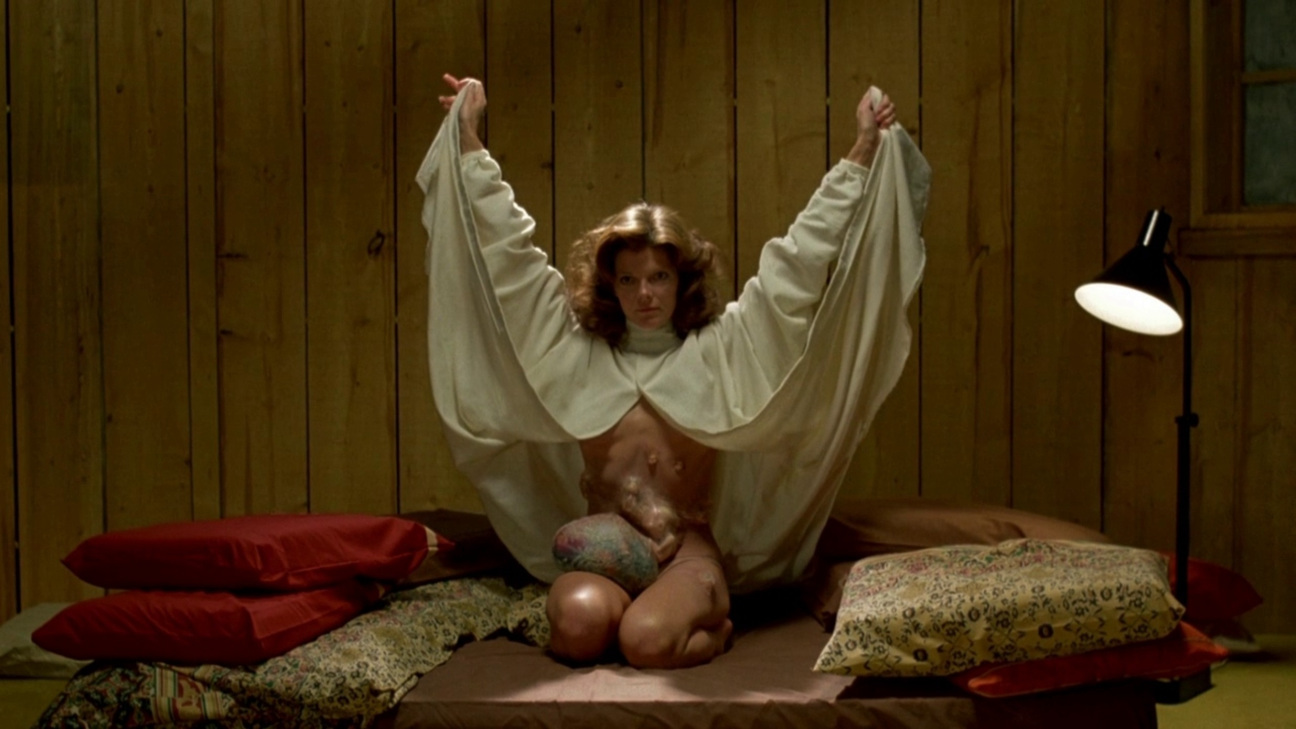
For Louise Bonnet, the body—its folds, its contours, its allure—is a font of inspiration. The Swiss artist is known for her eerie, absurdist approach to subjects' gender and sexuality, and for conjuring a tension between the grotesquerie of the human organism and the desire for bodily transcendance. Bonnet mined the same thematic vein to curate a film series on view at Metrograph as part of the movie theater’s ongoing collaboration with Gagosian. The eight films—which include David Cronenberg’s The Brood, Agnès Varda’s Kung Fu Master!, and André Øvredal’s The Autopsy of Jane Doe—are on view through May 25, and orbit the loose theme of body horror.
The series, which debuts today, probes questions of agency, absurdity, and humor—subjects that resonate with the interests of writer and critic Naomi Fry, who will join Bonnet for a conversation about The Brood tomorrow evening, May 20. Ahead of the series’ launch, the pair sat down for a conversation about looking good at your mammogram, Heidi Klum’s worm costume, and the revelations of the body horror genre.
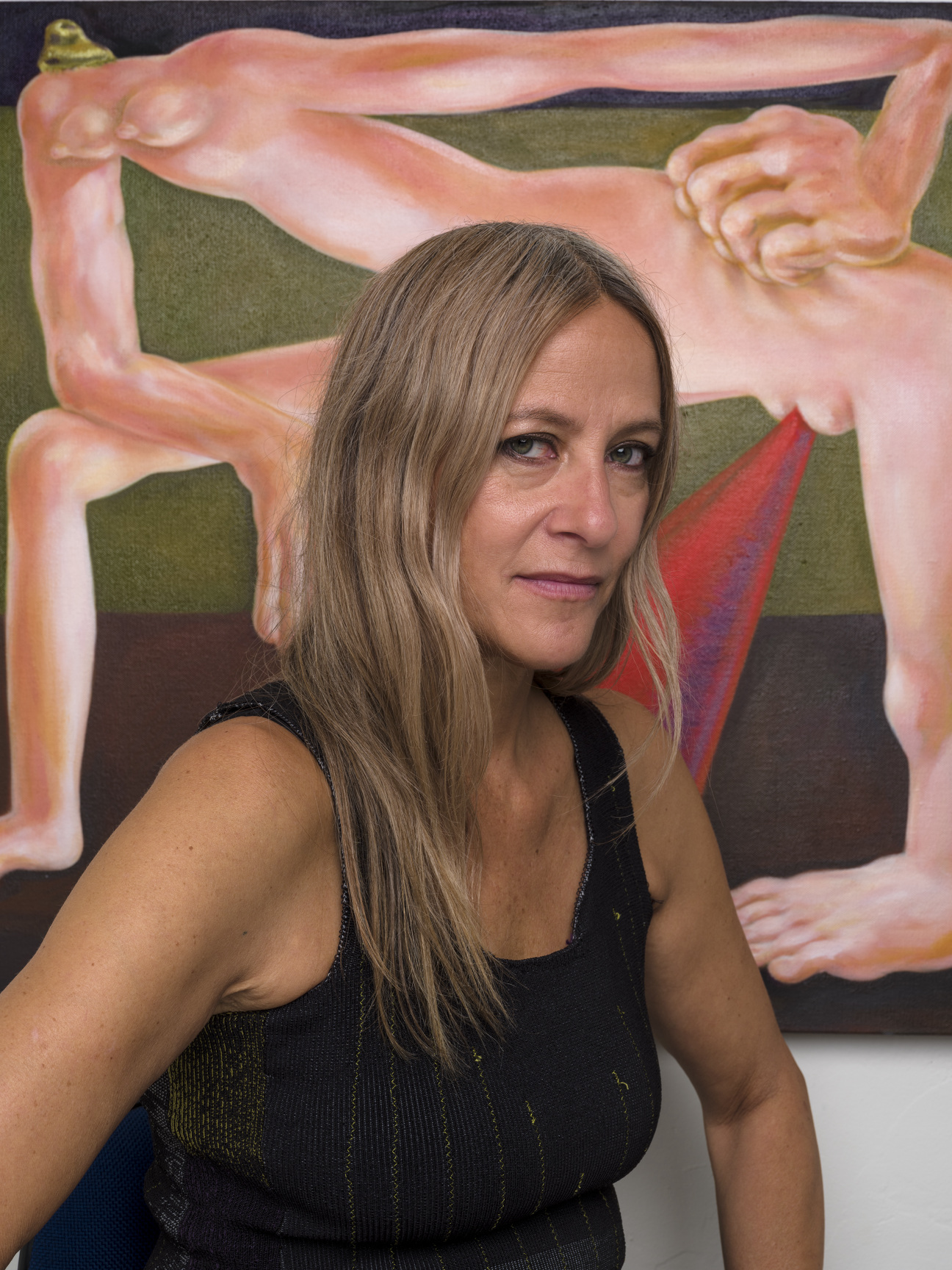
Naomi Fry: Louise, we’ve never met in person, but I met your husband at a dinner not that long ago. We have spoken over Zoom or FaceTime though, and I first encountered your work when I was reporting in Los Angeles for The New Yorker. I was with Paul Downs, asking him about art, and he mentioned you. After that, I kept seeing your work on Instagram and was very impressed.
Louise Bonnet: I’ve always read your work, but I didn’t know you. Adam [Silverman, Bonnet’s husband] told me he met you, and he rarely says, “Oh, I met this person who’s great.” I think it was around the time of the Heidi Klum worm thing?
Fry: Yeah, Heidi Klum’s worm Halloween costume. It’s interesting, because that piece does have a weird connection with your interests and preoccupations.
Bonnet: We really have a mutual interest in that kind of weird stuff. I think that was truly one of the most amazing phenomena. Didn’t you also write something about Kim Kardashian’s Met Gala dress? The one where she couldn’t pee?
Fry: Yes! She wore the Mugler dress to the Met Ball a few years back, and she had to pee down her leg to relieve herself because she couldn’t pull the dress up. She told Kourtney or Khloe, I forget which, that they would have to wipe her leg when she went to the bathroom.
Bonnet: That is exactly the sort of thing that I’m interested in. You’re invited to make these unbelievably glamorous appearances, but really you’re going to pee yourself.
CULTURED: What, for each of you, is the freakiest, most fascinating thing about the body?
Bonnet: I mean, there are so many bras. I do need them in order to run, but the fact that they evolved into these pretty baskets to hold glands?
Fry: Totally.
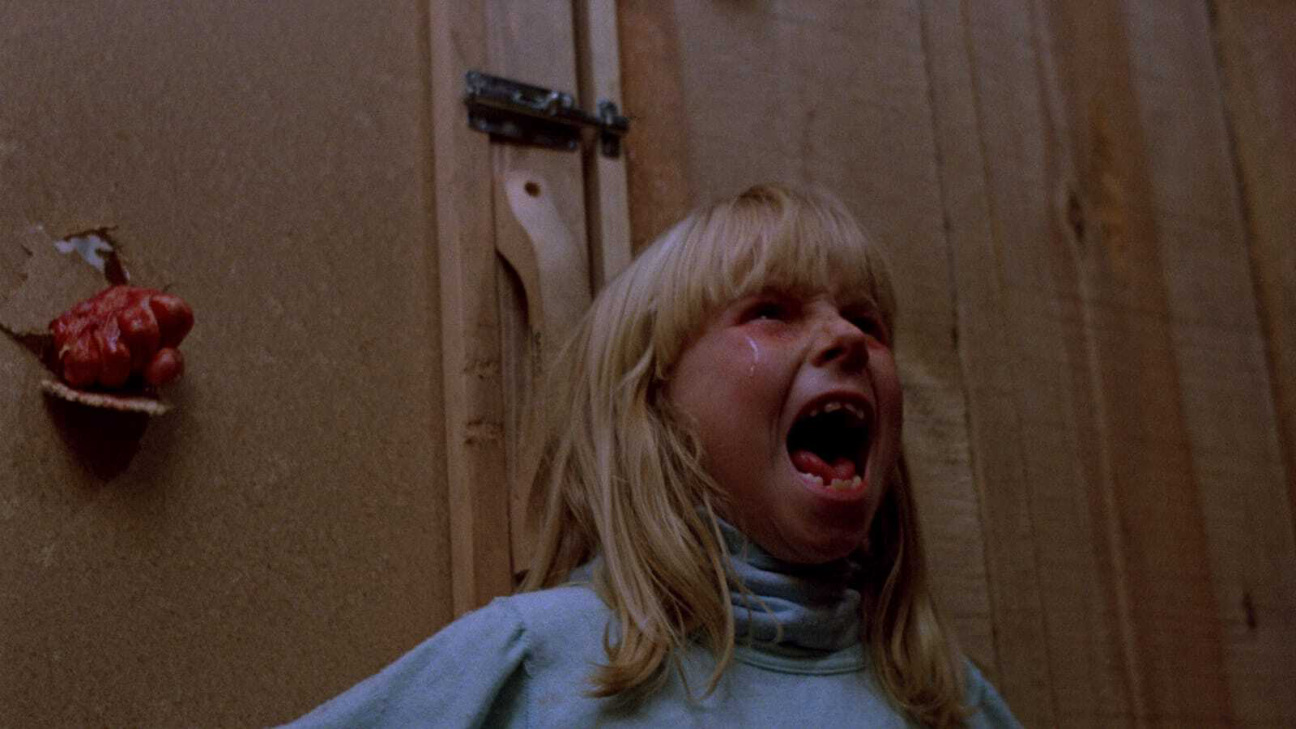
Bonnet: I just had a mammogram, and the nurse was this really nice lady who was really treating me very carefully, with gloves and everything. She had me put my breast on this slab, and I couldn’t help myself but to sort of pose like a pinup girl while it was happening. She was like, “No, put your arm down.” It’s hard not to try to look good.
Fry: It’s like, sorry for the metaphor, but a mammogram is like putting your boob into one of those meat slicers.
Bonnet: Yes, and yet it was very hard not to try and look good.
Fry: Totally. I watched this movie Birdy with Matthew Modine when I was like 10. There’s a scene where Nicolas Cage is making out with a girl, and Modine asks him, “Why are you so interested in breasts? They’re just overgrown mammary glands.” I still remember that, because I think it’s true. For me, the most fascinating thing is periods and everything that comes with them. The contraptions made for periods are kind of medieval. A tampon, like, what is it? Louise, you grew up in Europe, I grew up in Israel. The most popular tampon in Israel is O.B., which I still use, and which doesn’t have an applicator.
Bonnet: Yeah, my mom got me a box of them, but she didn’t explain how to use them. I thought it was supposed to be like a cork in a bottle—I kept half of it sticking out.
Fry: The applicator thing has its own cultural connotations: how close you treat the body, how grossed out you are by it. My whole journey with a tampon—I’m not going to go into details—but it was long, and it wasn’t working.
CULTURED: As two people who grew up outside the U.S. and are very immersed now in American cities, are there certain distances from the body that you perceive here that still feel foreign?
Bonnet: I can only speak for LA, because I’ve never been anywhere else, but it has never been acceptable—since I’ve moved here—for a man to just look you up and down. In Europe, it’s almost polite—well, they think it is—for a man to just look at your ass and to evaluate. But I really appreciate that here, they will hide that they’re looking at your butt.
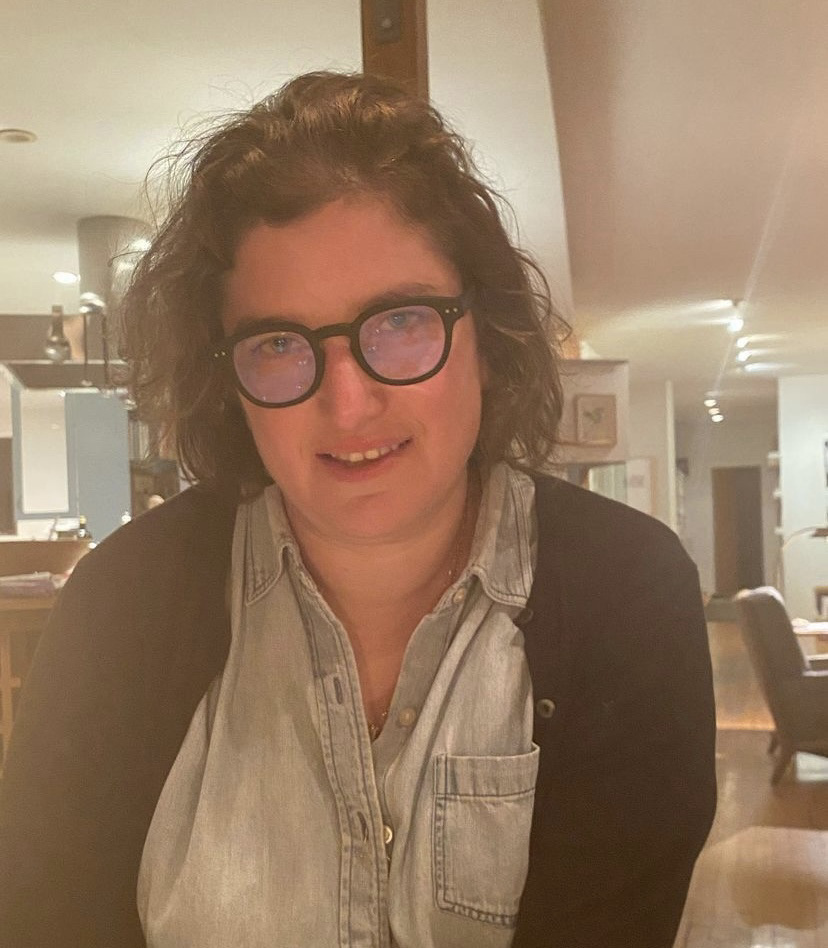
Fry: I started living here in 2002 when I came for school. And who knows if I would’ve felt the same way if I had stayed in Israel—because Israel has become much more Americanized than it used to be, and certainly has its own problems—but I think that living in America as a woman has completely affected my brain.
Bonnet: Do you mean in a bad way?
Fry: Yeah, I don’t know. I used to have more distance from what popular culture says women are supposed to be, or look like. I’m a writer, so of course I have critical distance from these icons of hyperfemininity who are doing everything from dermatological procedures to working out 24/7. All of that doesn’t occupy my brain anywhere near the same extent as it does for other people. But I do think it has made me feel shittier about myself. My dad worked in America when I was a kid, and I remember being here at 12 years old and seeing girls my age wearing makeup and training bras. I was still very much in a pre-pubescent paradise. I remember being rattled by that, and it made me unsure of myself. Overall, America, more than Israel, has impressed upon me the importance of knowing how to be an object. That idea, over the years, has evolved into whatever-wave feminism. I’m not against harnessing the power of objectification in certain ways, but sometimes I think it throws out the baby with the bathwater.
Bonnet: Right, I think you just have to know that’s what you’re doing. When you don’t it becomes this sort of culty thing. That sort of plays out in The Brood, this culty kind of man.
Fry: He’s “Daddy,” you know? I posted a still from the movie on Instagram, and somebody responded to me saying, “The Brood is Cronenberg’s post-divorce movie,” which I didn’t realize.
Bonnet: I read that too—he had this contentious divorce. I really appreciate that scene in the film when she opens her dress, and she’s this…
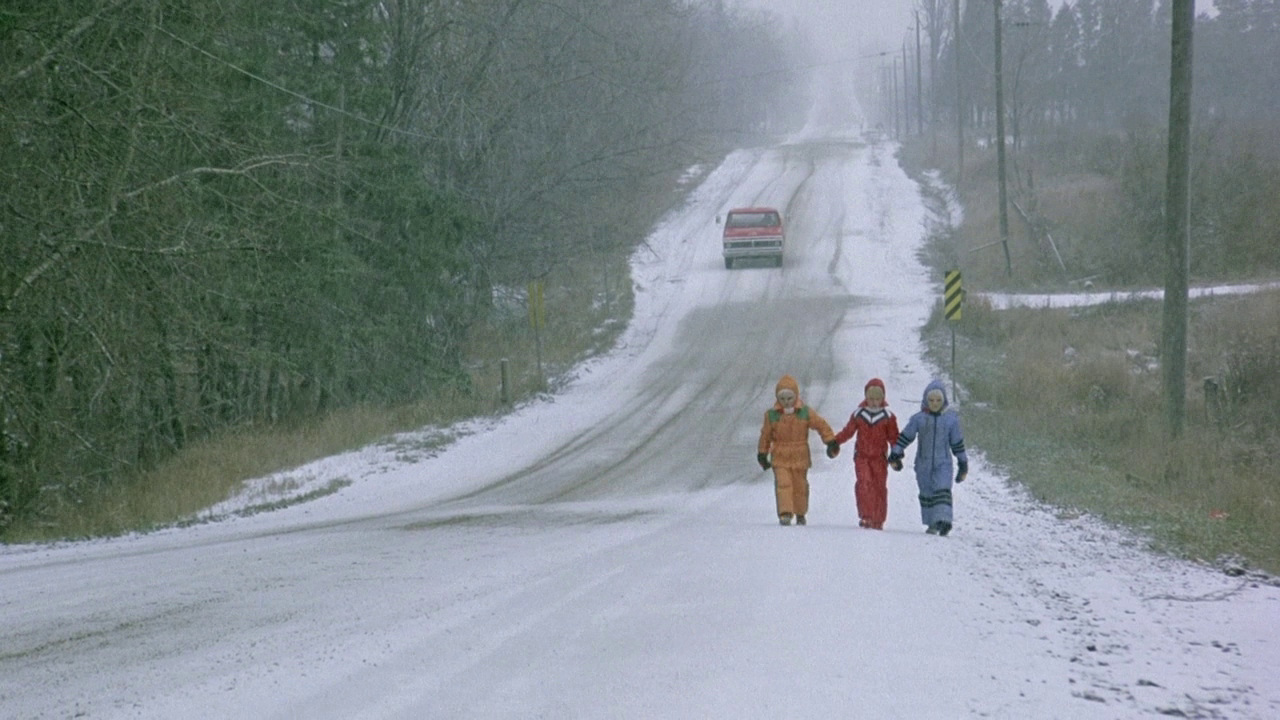
Fry: I know! It’s horrific and disgusting, but she’s also a giver of life.
Bonnet: It’s sort of dignified in a weird way.
Fry: Life emerges from her rage. Her rage births these monster children who go on to kill everyone who has rejected her.
Bonnet: That’s another genre I love: bad children.
Fry: Yeah, like The Omen or The Exorcist or The Bad Seed.
CULTURED: What, for each of you, is the film genre that you return to again and again?
Bonnet: I really love a good horror "B movie." We can disagree about what a "B" movie is—I would argue that it’s about removing the expectation that the plot makes sense. Horror movies usually give power to characters or ideas that aren’t well-represented. Body horror is usually not very represented in what you’d call “intellectual work,” or whatever. These films can be intellectual, but I think they remove the pressure on the viewer to react a certain way, which is when you really feel stuff.
CULTURED: What is the throughline that connects the body horror films you selected for this series?
Bonnet: They all are movies I really like. There’s A.I. Artificial Intelligence, which is a very good, sort of misunderstood movie—I mean, I misunderstood it. It made me so angry when I first saw it that I never forgot it. Then I rewatched it and completely changed my mind. I think [Steven] Spielberg taking it over was the best thing that could have happened, because he's so sentimental and pulls all these strings without shame, and the film needs that. It’s heartbreaking and it’s kind of ugly, so it needs that "low-brow" quality to it. For me, it really nails everything it’s trying to do.
CULTURED: Naomi, in the deluge of pop culture moments that we’re inundated with, what makes you decide whether one is worth plucking out and investigating?
Fry: A friend recently described me to someone by saying that I’m interested in apocalyptic cultural events. I guess that’s true. When I say apocalyptic, of course I don’t mean that I find the idea of melting icebergs funny—I mean it more in a cultural sense. I’m interested in "on-the-noseness," moments that represent the absolute limit of a given thing. Like the idea of Kim peeing on herself, that’s like a limit point. Like, we’ve really reached this level as a culture where she’s wearing this gown—who even knows how much it cost, or how many people it took to make it, or to get her into it—despite all of that, she’s out here, pissing herself at the Met Gala.

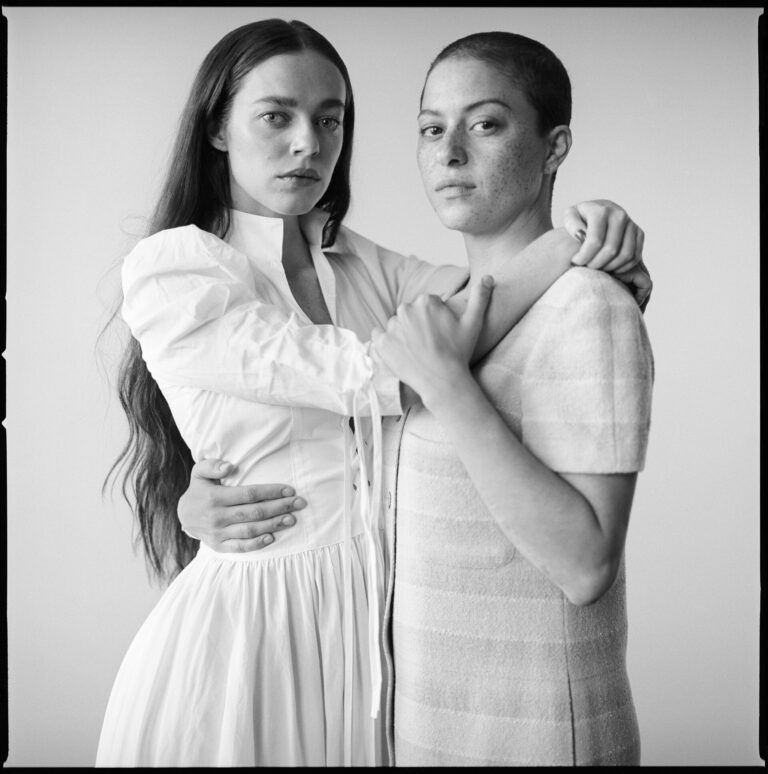
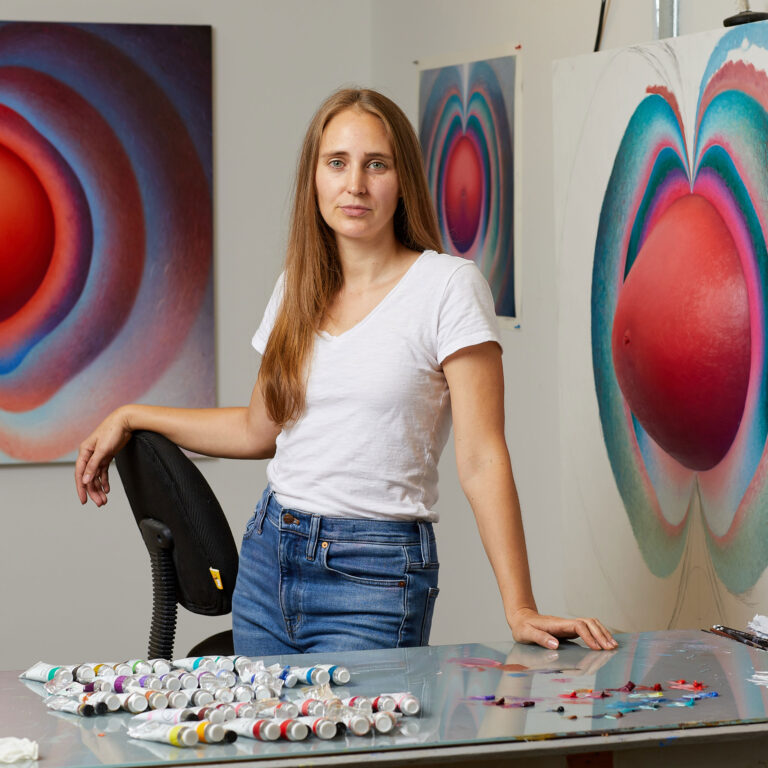
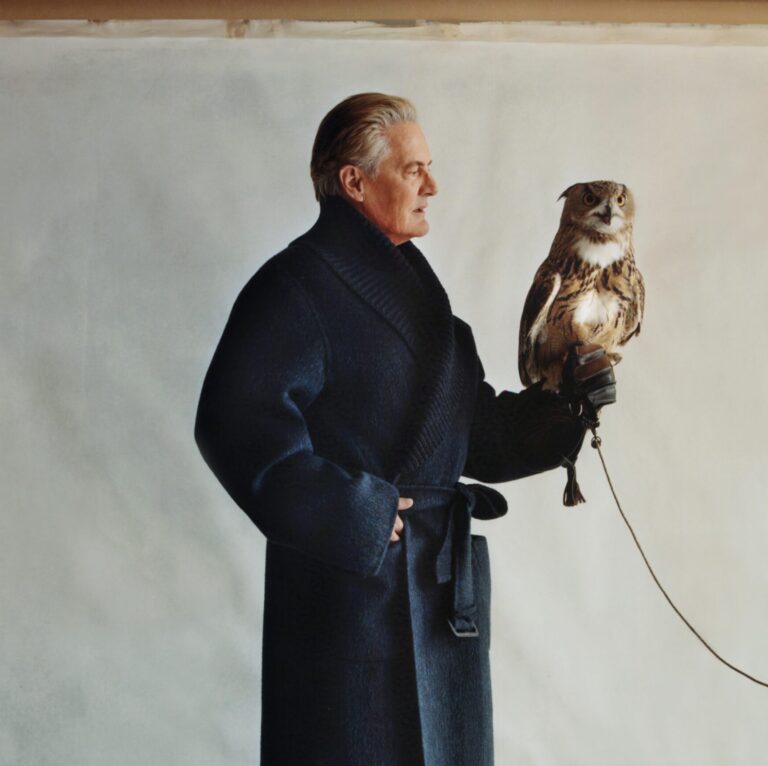
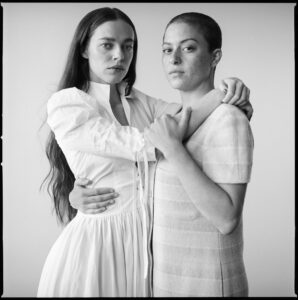
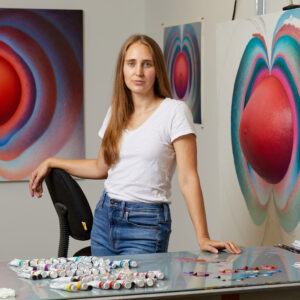
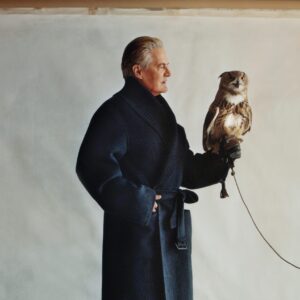



 in your life?
in your life?

